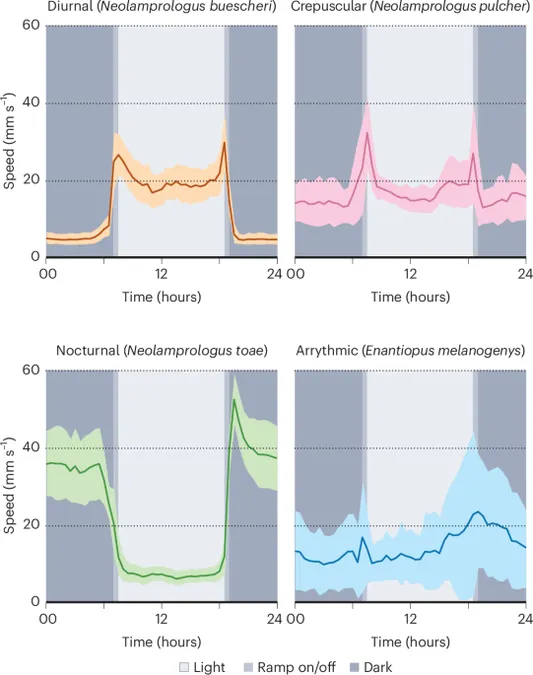
The Shocking Link Between Sensory Loss and Heart Disease: What You Need to Know
2025-08-25
Author: Rajesh
Recent research from the American Heart Association reveals a startling connection between sensory impairments—specifically hearing and vision loss—and a heightened risk of cardiovascular issues, including heart attacks and strokes, particularly in older adults.
The study indicates that individuals grappling with both hearing and vision impairments have a staggering 35% increased risk of developing serious heart-related conditions. This underscores the urgent need to address sensory health as a crucial part of cardiovascular disease prevention.
Why Monitoring Your Senses is Critical for Heart Health
Sensory impairments are alarmingly common globally. According to the Centers for Disease Control and Prevention (CDC): - About 13% of people in the U.S. are visually impaired. - Around 15% of adults face at least some hearing difficulties. - By the age of 71, over 25% of individuals are visually impaired, and 55% of those aged 75 or older suffer from significant hearing loss.
Eye-Opening Findings About Sensory Loss and Cardiovascular Health
A comprehensive study involving over 11,000 Chinese adults aged 45 and older found that those with vision-only issues face a 24% higher risk of cardiovascular disease, while individuals with hearing loss see a 20% increase. Those experiencing both types of sensory loss bear the brunt, with a 35% likelihood of developing heart problems.
Understanding the Connection: How Sensory Loss Affects Heart Health
The precise mechanisms driving the link between sensory loss and heart disease remain unclear. However, researchers speculate on several factors: - Reduced physical activity: Vision difficulties can hinder exercise, increasing the risk of obesity and hypertension. - Cognitive and mental health effects: Hearing loss can lead to anxiety and depression, which are associated with heart disease. - Dual sensory impairment: The combined effects of hearing and vision loss may amplify cardiovascular risks.
The Growing Crisis of Sensory Loss
Sensory loss is an escalating global health challenge. Projections indicate that by 2050, nearly 895 million people may experience vision impairment, and up to 2.5 billion could have some form of hearing loss. These figures underscore the critical need for proactive sensory screening and treatment within public health strategies.
Act Now: Protecting Your Heart by Addressing Sensory Health
Experts advocate for early interventions, such as routine vision and hearing screenings, timely use of glasses or hearing aids, and promoting physical activity, especially in adults aged 45 and older. These strategies could serve as vital early warning signs for cardiovascular risks.
In conclusion, prioritizing sensory health isn’t just about enhancing quality of life; it’s a significant factor in safeguarding against heart disease and stroke as we age. Healthcare providers and individuals alike must take action, recognizing that protecting our senses is integral to maintaining heart health.



 Brasil (PT)
Brasil (PT)
 Canada (EN)
Canada (EN)
 Chile (ES)
Chile (ES)
 Česko (CS)
Česko (CS)
 대한민국 (KO)
대한민국 (KO)
 España (ES)
España (ES)
 France (FR)
France (FR)
 Hong Kong (EN)
Hong Kong (EN)
 Italia (IT)
Italia (IT)
 日本 (JA)
日本 (JA)
 Magyarország (HU)
Magyarország (HU)
 Norge (NO)
Norge (NO)
 Polska (PL)
Polska (PL)
 Schweiz (DE)
Schweiz (DE)
 Singapore (EN)
Singapore (EN)
 Sverige (SV)
Sverige (SV)
 Suomi (FI)
Suomi (FI)
 Türkiye (TR)
Türkiye (TR)
 الإمارات العربية المتحدة (AR)
الإمارات العربية المتحدة (AR)